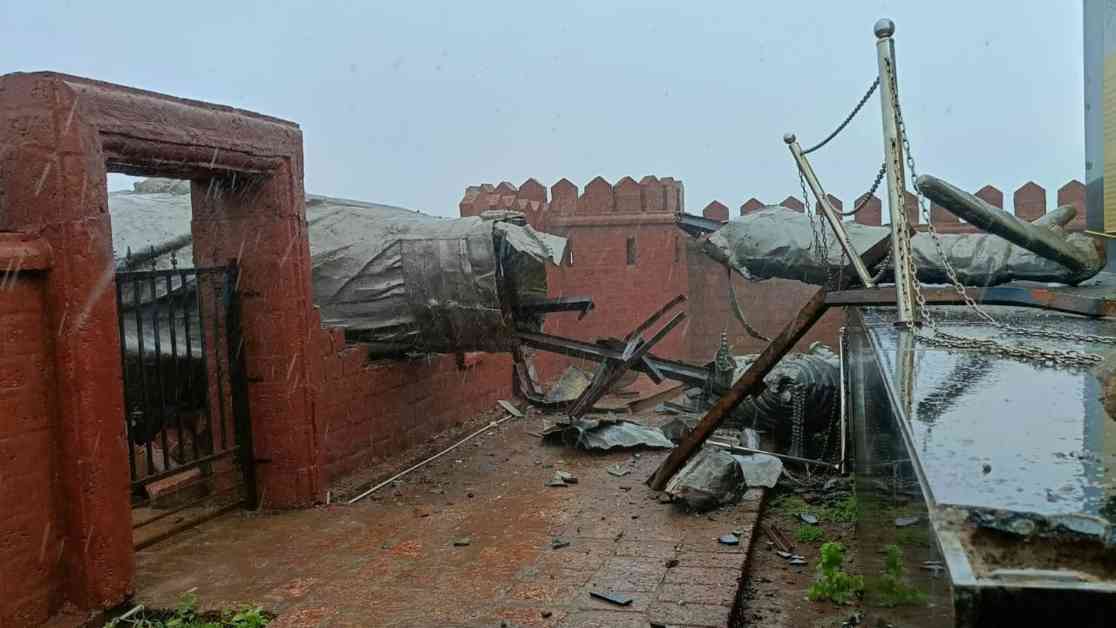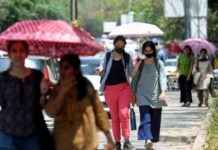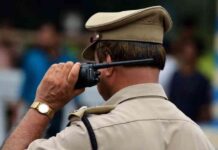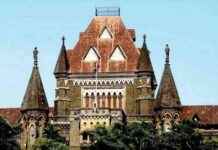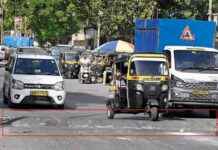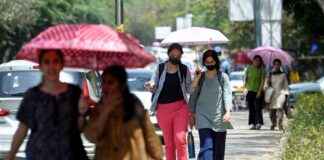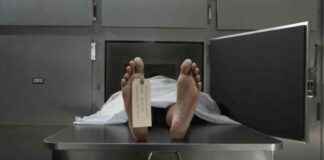Arrest of Mumbai Sculptor Linked to Shivaji Statue Collapse in Malvan
Jaydeep Apte, a 24-year-old sculptor-contractor wanted in connection with the collapse of a statue of Chhatrapati Shivaji Maharaj at Rajkot Fort last month, was apprehended in Kalyan on Wednesday night. The incident has sparked significant controversy in Maharashtra, with implications for both the political arena and public safety.
Arrest and Investigation
Dnyaneshwar Chavan, joint commissioner of police in Thane, confirmed the arrest of Jaydeep Apte and stated that he would be transferred to the custody of Sindhudurg police for further questioning. Apte had been on the run since the collapse of the 35-foot statue of Shivaji Maharaj on August 26, less than a year after its grand inauguration. The collapse not only raised questions about the quality of workmanship but also highlighted potential lapses in oversight and maintenance.
Following the statue’s collapse, the Malvan police swiftly filed a case against Apte and structural consultant Chetan Patil for negligence and other related offenses. Patil was apprehended in Kolhapur last week, adding to the ongoing investigation into the incident. The collapse served as a wake-up call for authorities to ensure that public structures are built and maintained to the highest standards of safety and quality.
Political Fallout
The collapse of the Shivaji statue has not only raised concerns about public safety but also become a hot-button issue in the political landscape of Maharashtra. With assembly elections looming, opposition parties have seized upon the incident to criticize the government led by Eknath Shinde. The delay in apprehending Apte has further fueled the debate, with both sides pointing fingers at each other.
In response to the arrest, Pravin Darekar, a Bharatiya Janata Party leader, emphasized the importance of accountability. He stated, “Those who were critical of our government must shut their mouths now. It is true that police took a little long to arrest Jaydeep Apte. We are not taking any credit for arresting, but the police did their job.” Darekar’s comments reflect the tension surrounding the incident and the desire for swift justice.
On the other hand, Sushama Andhare, a leader from Shiv Sena (UBT), urged caution in assigning blame solely to the government. She stated, “The state government should not try to take any credit for arresting Apte because it is the government’s duty. He was not some underworld don… He should have been arrested sooner.” Andhare’s remarks highlight the need for a comprehensive approach to addressing the underlying issues that led to the statue’s collapse.
Technical Investigation
In light of the incident, a five-member joint technical committee visited the fort at Malvan to conduct a thorough examination of the site. The committee’s findings will be crucial in determining the root causes of the collapse and identifying measures to prevent similar incidents in the future. The importance of robust oversight and quality control in construction projects cannot be overstated, especially when it comes to public structures.
The collapse of the Shivaji statue serves as a sobering reminder of the need for diligence and accountability in all aspects of public infrastructure development. As the investigation unfolds and the legal process moves forward, it is essential for all stakeholders to prioritize safety and transparency. The public’s trust in the authorities and the integrity of public projects depend on swift and decisive action to address any lapses or negligence that may have contributed to this unfortunate incident.
In conclusion, the arrest of Jaydeep Apte in connection with the collapse of the Shivaji statue in Malvan marks a crucial step in the ongoing investigation. The incident has highlighted the importance of quality control, oversight, and accountability in public construction projects. As Maharashtra grapples with the fallout from this tragedy, it is imperative for all stakeholders to work together to ensure that such incidents are never repeated. Public safety and the preservation of heritage must remain top priorities as the state moves forward from this challenging chapter.
